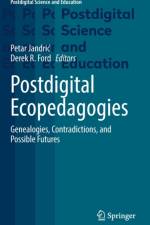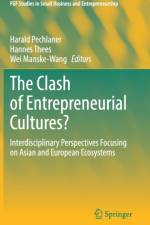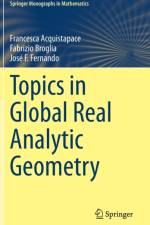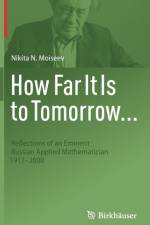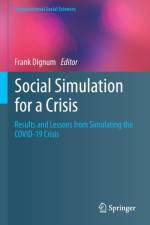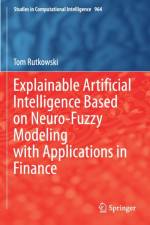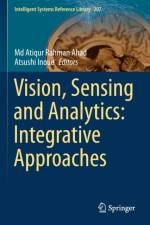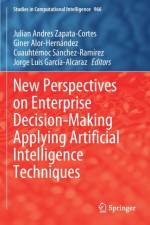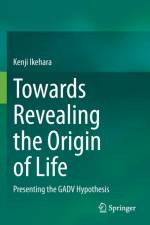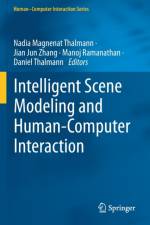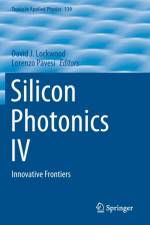2 267
1. Introduction"Clean labeling" is a consumer-driven initiative that encourages food developers to create products with easy-to-understand labels, listing natural ingredients and minimal artificial additives. This terminology includes e.g. certified organic foods, which are not only clean-label, but also meet strict standards (there are no standards for clean-label foods). This chapter will discuss relevant definitions, "natural" and "organic" claims, industry activities as well as challenges for ''clean label'' progress.2. Natural emulsifiers as clean label ingredientsThe demand for "clean label" products containing lower amount or no additives or stabilizers is continuously increasing among consumers. This chapter will revise recent studies on the identification, characterization, and utilization of natural food-grade emulsifiers, such as proteins, polysaccharides, phospholipids, and saponins. Particular emphasis will be given to the structural properties of these emulsifiers and to their ability to form and stabilize emulsions. The influence of environmental stresses, such as pH, ionic strength, and temperature, on the performance of natural emulsifiers is discussed. This information should facilitate the rational selection of natural emulsifiers for applications in emulsion-based food, beverage, and other food products. Examples of applications on particular food products (e.g. meat, cheese, bakery) will also be provided.3. Natural antioxidants & flavorings for clean label foodsWith the new concept of functional ingredients and the development of the functional foods market, and the desire for a "clean" label, recent research has focused on finding safe additives with multifunctional effects to ensure food safety and quality. This chapter will discuss natural antioxidants and flavorings for clean label foods. It will also discuss the food safety and food structure (sensory) challenges that need to be taken in consideration when "chemicals" are replace with "natural" ingredient in food and beverage production.4. Clean label foods with reduced fat contentThere has been a strong focus in the food industry on the development of reduced-fat products due to health concerns associated with high calorie diets. However, reduced-fat food products often have limited consumer acceptance and commercial success due to undesirable changes in appearance, flavor, mouth-feel, and texture when fat is removed. This chapter will discuss the development of clean label foods with reduced fat content. Focus will be given on the effect of these ingredients on food safety (not only on shelf life). Examples of applications on particular food products will also be provided.7. Consumer behavior and industry implicationsConsumers in industrialized countries are nowadays much more interested in information about the production methods and components of the food products that they eat, than they had been 50 years ago. Some production methods are perceived as less "natural" (i.e. conventional agriculture) while some food components are seen as "unhealthy" and "unfamiliar" (i.e. artificial additives). This phenomenon, often referred to as the "clean label" trend, has driven the food industry to communicate whether a certain ingredient or additive is not present or if the food has been produced using a more "natural" production method. This chapter will discuss these issues and identify the factors that drive consumers'' choices on consumer perception of various food categories understood as clean label with the focus on organic, natural and ''free from'' artificial additives/ingredients food products.

